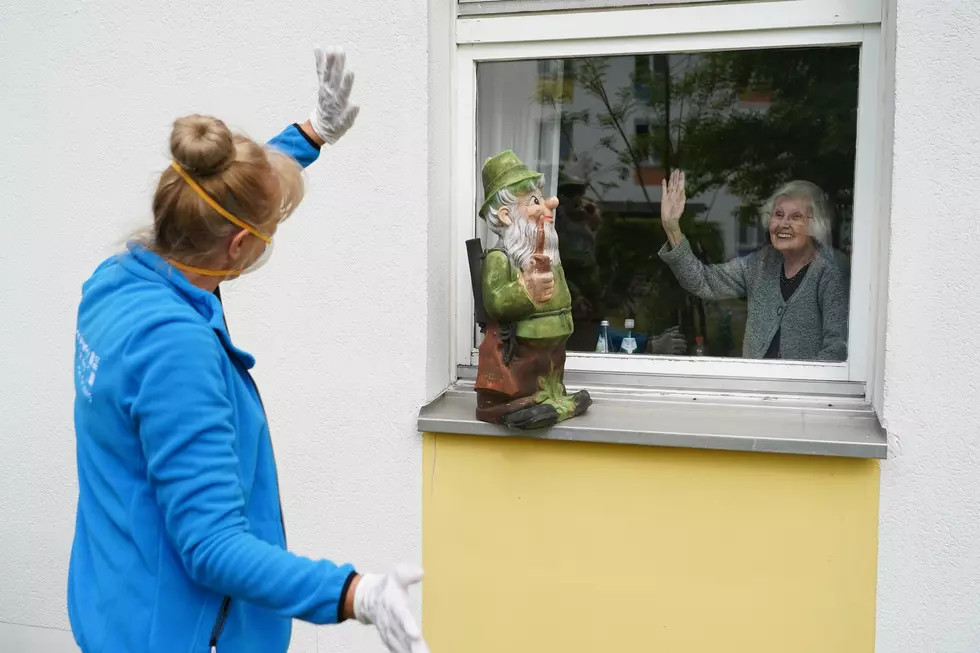Miles for Memories Moment: Struggles with time and place
One of the struggles of those dealing with memory loss and Alzheimer's is the loss of a sense of time. The message for caregivers and family is to try and not get frustrated. It's not uncommon for someone afflicted to constantly ask what time it is. Sherii Sherban was my guest on 95.3 WBCK on Tuesday, and talked more about difficulties with time and places.
People living with Alzheimer's can lose track of dates, seasons, and the passage of time. They may have trouble understanding something if it is not happening immediately. Sometimes they may forget where they are or how they got there. It can be scary for them.
- Individuals living with Alzheimer’s often become disoriented to time.
- Despite being able to read the clock, they may ask repeatedly what time it is and, misperceive the 'passing' of time. Try not to get frustrated and just answer the question, again.
- When they leave the house, they may immediately want to return or when waiting just a few minutes at a doctor's appointment, they may complain they have been waiting for hours.
- These behaviors indicate misperception of reality. The following could be solutions for the caregiver that may need to take them somewhere.
Caregiver solutions – Caregivers need to expect this type of reaction and identify what type of response works. The more calm you are the better it is for them.
- This behavior indicates anxiety so you can speak to that by asking him or her if they are worried about being out and then comfort and reassure them.
- Sometimes reality orientation works but you will likely be asked again.
(i.e. telling your husband that it has just been 15 minutes) - Sometimes, writing what time you went out on a card he is carrying might help if he can then compare to his watch time. (Could be written or drawn like a clock)
- If reassurance and distraction are ineffective, your flexibility when his anxiety escalates is crucial; thus, you need to be ready to leave the restaurant, the theater or a friend's home.
- Try scheduling appointments and events at times when the patient is less anxious, oftentimes earlier in the day.
- The goal is to identify what works best to ease his discomfort and enable you to maintain a daily schedule of activity with him.
What's a typical age-related change?
Getting confused about the day of the week but figuring it out later.
Miles for Memories is a grassroots organization of all volunteers that seek to create solutions for those impacted by dementia in Calhoun County through movement, programming and research. For more details visit us on Facebook at Miles for Memories.
More From WBCKFM









